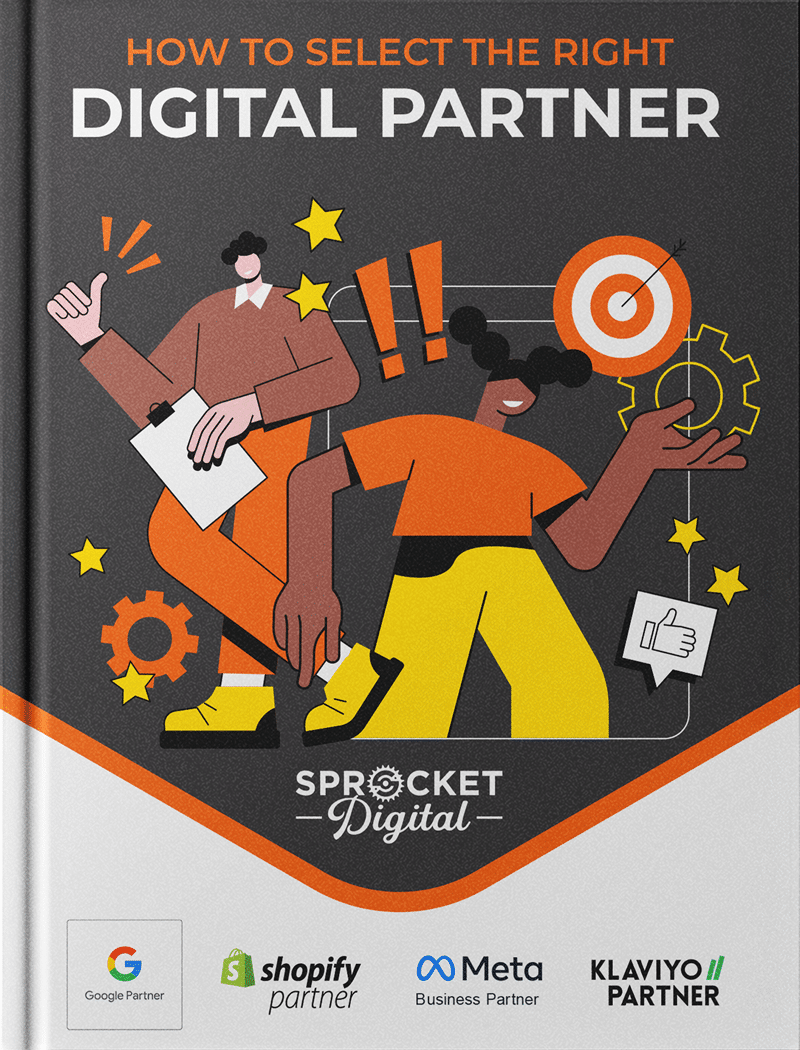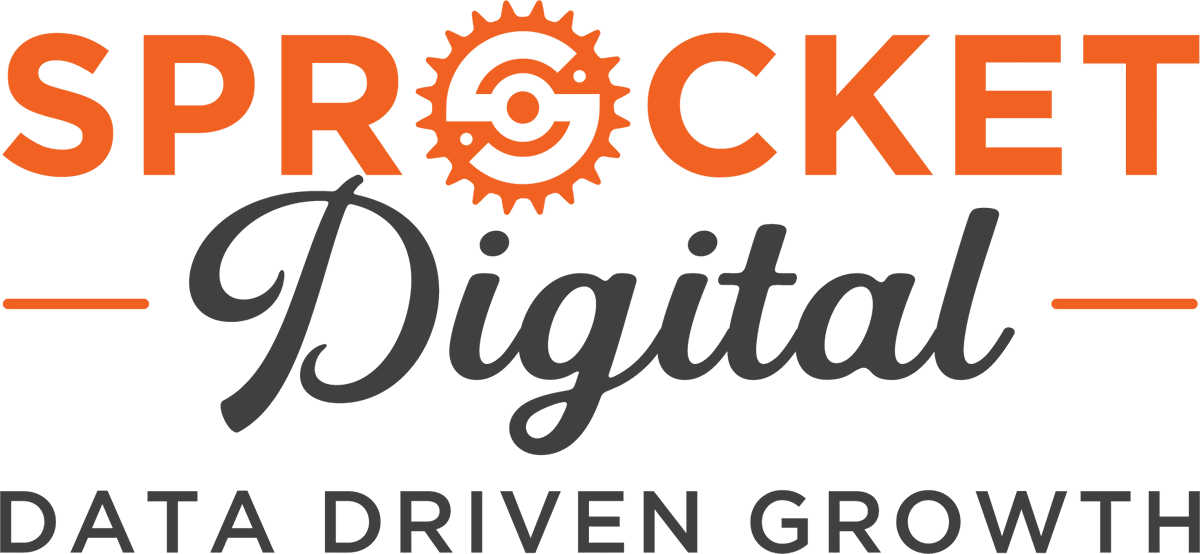A timely reminder to diversifying your marketing efforts
On Tuesday morning, the 5th of October, New Zealand awoke to a strange thing – one of the world’s biggest social and business platforms was offline, taking down not only Facebook but Messenger, Instagram, and WhatsApp.
This wasn’t the first time there’s been an outage at Facebook, but at around six hours it was the longest that the behemoth platform has been offline since its inception.
While some individuals celebrated the break from their timeline, for many social-first business owners the outage sparked a real crisis: how could they communicate with their customers, market their products, and make sales when their biggest digital communication tool was offline?
So what can we take away from this outage, and how can you protect your business against such risks in the future?
The collateral damage of Facebook’s outage
Facebook itself is estimated to have lost around US$163,565 for every minute they were offline, adding up to roughly $60 million in lost revenue for the entire six-hour outage, not to mention the Facebook share price collapsing by approx. $7 billion.
The platform is used by more than 3.5 billion people around the world, and for many online, social-first businesses it serves as their primary point of contact with their customers.
The damage to these businesses isn’t an up front cost – Facebook’s ad platform is designed to charge advertisers based on engagement metrics such as impressions, clicks and conversions, so if the platform is down and no one is seeing their ads, nothing should be charged.
The real cost to businesses comes from the lost opportunities and interruption to their pipeline of customers. If a business is used to having X number of people click through their ads to make an inquiry or sale, and for half a day none of those people can see or click anything, that loss of inquiries will be felt further down the pipeline.
The ongoing risk to being 100% social
For these businesses who use Facebook as their primary point of contact, the loss of access to the platform would have been an incredibly stressful, challenging time. How long would it go on for? How many customers might they lose through this? Will this type of thing happen again?
The risk of putting all your digital eggs in one basket is greatest exemplified by Tuesday’s Facebook outage: your business is at the mercy of the platform, its algorithm, and its updates.
At Sprocket Digital, we never recommend going all in on a single channel – we advocate for an omnichannel approach to digital marketing, which involves a combination of several different channels and platforms to create a stronger, holistic digital strategy.
By diversifying your marketing, you also lower the risk of being financially hurt by any major algorithm changes, outages, or other unexpected hiccups.
What you can do to protect your business
We’re hoping, of course, that there won’t be any more major platform outages in the future, but no one can promise that.
The best thing you can do to protect your business for the future is invest in a diversified marketing strategy that encompasses multiple platforms, and integrates them all into an omnichannel strategy.
An omnichannel marketing strategy provides a seamless customer experience across digital touchpoints on the user end, while allowing you greater flexibility to use multiple marketing channels as needed to reach your business goals.
This may include email marketing, social media marketing, Google ads, and SEO.
In a traditional multi-channel marketing strategy, each channel would be managed individually or a focus would be put on one or two channels. In an omnichannel strategy, the different channels are all managed together, meaning decisions regarding spend and optimisation can be made faster across them all.
This means that next time there’s a change to the algorithm or the platform goes offline, your entire sales pipeline won’t go down with it.



